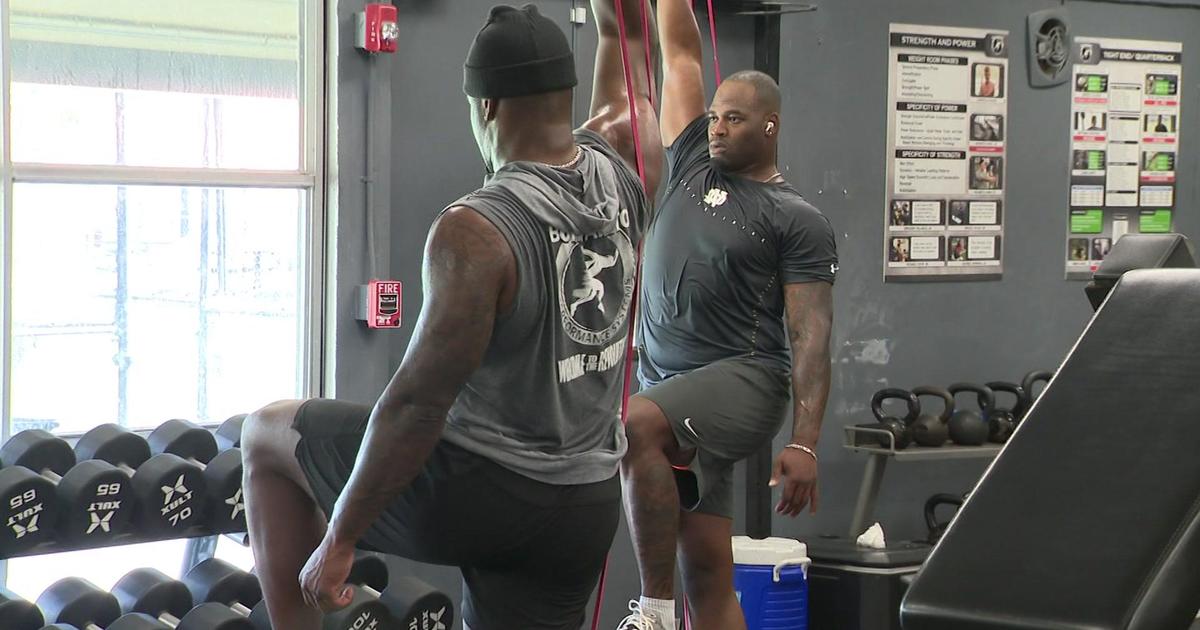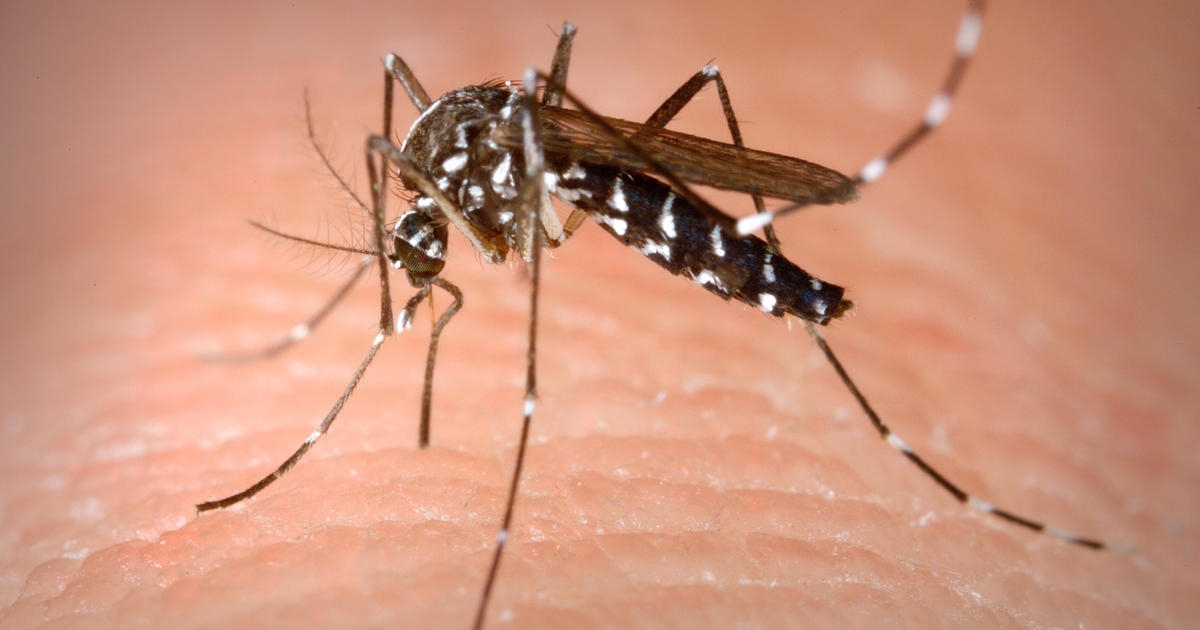Sleep And Your Newborn
MIAMI (MCH) - A newborn is simultaneously one of the most joyful and stressful events in nearly every parents' lives. Miami Children's Hospital provided the following information about what to expect when your bundle of joy drifts off to sleep.
Sleep and Your Newborn
Bringing home a newborn baby is one of the most joyous times for new parents. But no matter how well you prepare for what to expect, it's natural to have questions along the way. This is particularly true when it comes to how much sleep your baby should be getting. Is my baby sleeping enough at night? Is it normal that my baby sleeps so much during the day? While most of the time, the answers to these questions will vary depending on each child, there are certainly some basics that can help you determine if your baby is getting enough sleep, as well tips on how to get them into a healthy sleep pattern.
Does My Baby Have Normal Sleeping Habits?
"Newborns babies sleep a lot, and that's perfectly normal," explains Dr. Jose Rosa Olivares, Director of the Pediatric Care Center at Miami Children's Hospital. "In fact, the average newborn will sleep between 16 to 18 hours a day." However, since at this age, babies cannot tell the difference between day and night, waking up every few hours at night is also very common. "During the first few months," notes Dr. Rosa-Olivares, "you should expect your baby to sleep in stretches of 3 to 4 hours at a time. Their small stomachs can't hold enough formula or breast milk for very long, which is why they need to be fed every few hours, no matter what time of day or night it is."
At first, these short stretches of sleep can be exhausting for new parents, because it interferes with regular sleep patterns. Have patience and don't try to force a baby into a sleep routine during the first few weeks. The good news is things should improve after the first few months. "At around 2 months most babies sleep between 6 to 8 hours at night," says Dr. Rosa-Olivares. "Some take a little longer to sleep through the night, which is nothing to worry about. Establishing a bedtime routine after the first couple of months can also be helpful. A warm bath, a story or a soft lullaby before bed can be effective in helping your baby relax and sleep better at night."
If your baby is still having trouble sleeping at night by 4 months or so, you should talk to your pediatrician. "Also talk to your doctor if your baby seems overly irritable, or on the other hand, is difficult to rouse from sleep," he said.
Where Should My Baby Sleep?
During a baby's first few weeks of life, many parents prefer keeping their child's crib in their own bedroom. The American Academy of Pediatrics (AAP) recommends that healthy infants should be placed to sleep on their backs rather than their stomachs. In fact, since this recommendation was made in 1992, Sudden Infant Death Syndrome (SIDS) has decreased by over 50 percent. It is also recommended that babies sleep in their own cribs and not in the same bed with parents.
"Co-sleeping can put your baby at risk of suffocating or being strangled. Many studies also indicate co-sleeping increases the risk of SIDS," said Dr. Rosa-Olivares. "You should also make sure your baby's crib is free of pillows, thick blankets and stuffed animals to ensure safety."
For more information on healthy sleeping practices, visit www.mch.com.
Above content provided by Miami Children's Hospital. For advice about your medical care, consult your doctor.
Posted: March 2013



